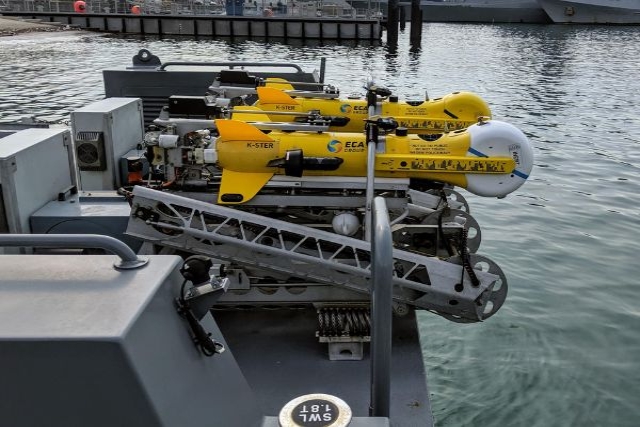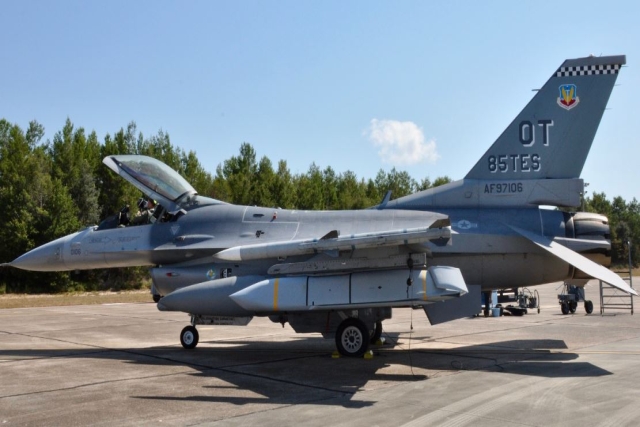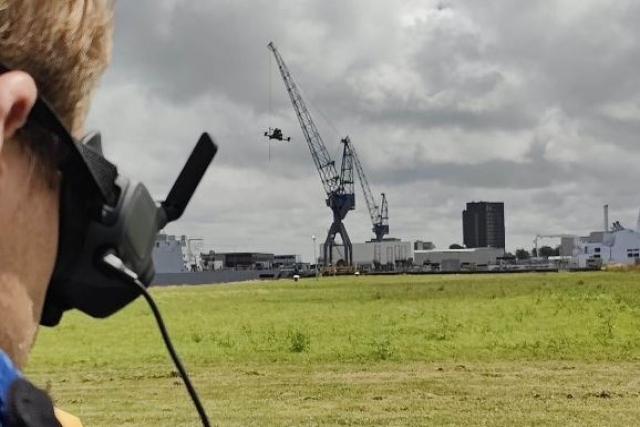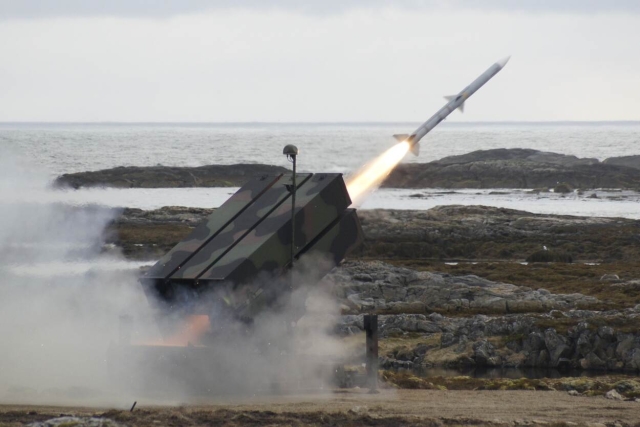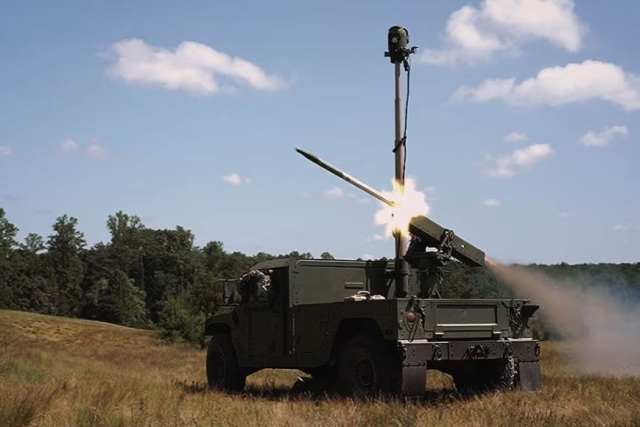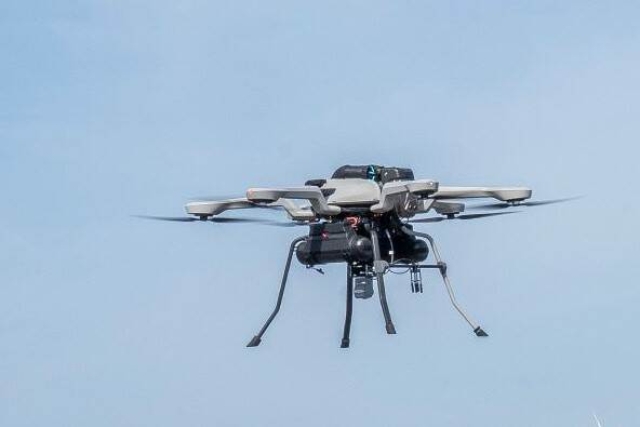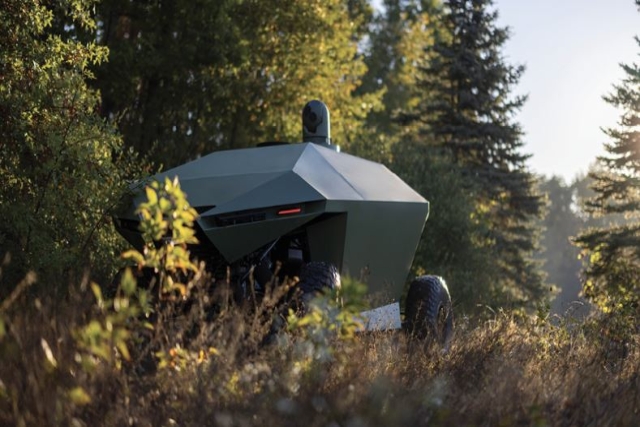Netherlands to Donate on-the-move Drone Detection Radars to Ukraine
The IRIS radar, developed by Dutch firm, Robin Radar Systems can detect bird-sized UAVs that are small, fast and elusive.

The Dutch Ministry of Defense has repeated an order for 51 drone radars.
The contract was signed on August 21 at Robin Radar Systems HQ, The Hague. The Ministry of Defence will donate these systems to Ukraine later this year.
The purchase follows an initial order of 51 static IRIS drone radars made 18 months ago, currently deployed across multiple locations. The latest purchase introduces a new on-the-move (OTM) functionality.
Traditional radar systems are typically stationary, mounted on fixed platforms like buildings or tripods. However, OTM systems are designed to perform even when mounted on mobile objects, like vehicles or ships.
Robin’s 3D drone radars, IRIS, are designed with the explicit purpose of detecting small, fast and elusive drones. As well as distinguishing drones from birds and other flying objects, IRIS can now perform on the move. Innovation like this is made possible by the investment and the support of bodies like the Dutch Ministry of Defence.
Putting radar on the move calls for advanced technologies that compensate for motion-induced effects that could degrade coverage, accuracy and line of sight. Robin’s drone radars monitor the environment in full 360°, giving early warnings and precise updates even when moving at high speeds.
This enhances the precision and resilience of defence and security measures by providing agility, expanded coverage, rapid response capabilities, and adaptability. Mobile detection systems are more difficult to find and neutralise. Uninterrupted surveillance enables defence teams to continuously detect, taking the most effective steps to disable enemy drones.
The purchase provides a critical injection for the development of Dutch defence systems. It helped Robin Radar to scale up IRIS production to 4 radars per week, enabling our teams to continue innovating key technologies that perform on the front line.
